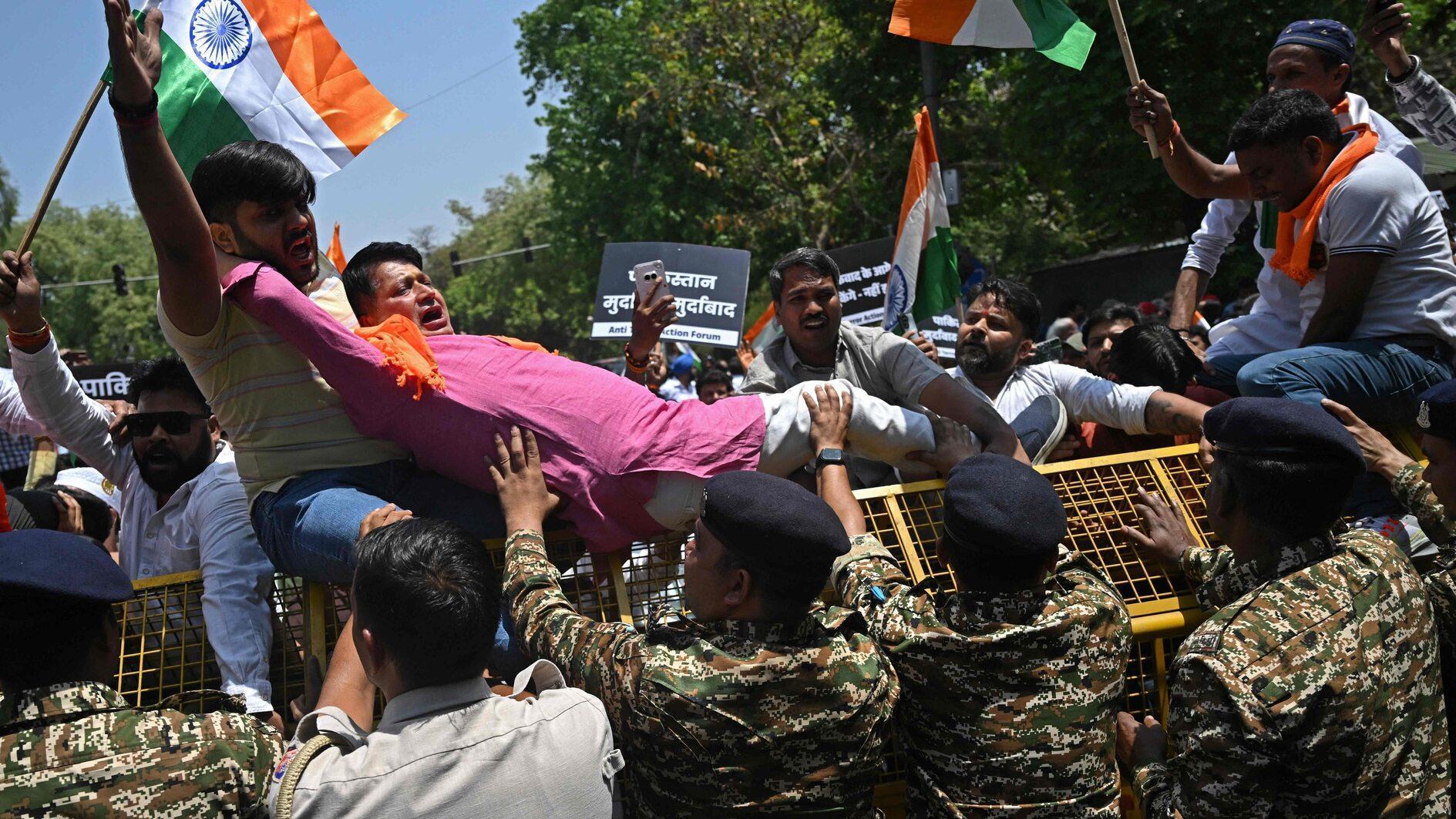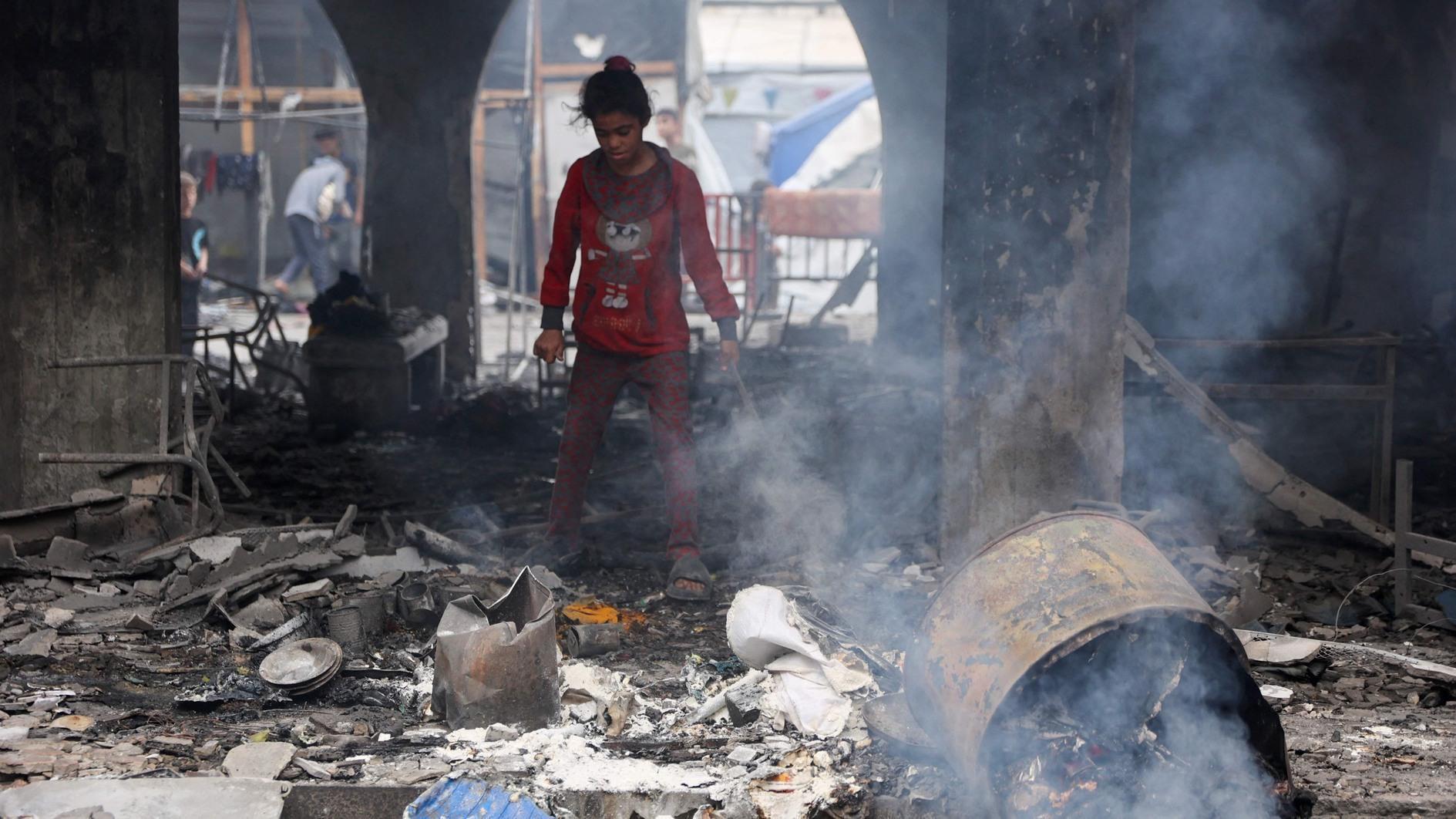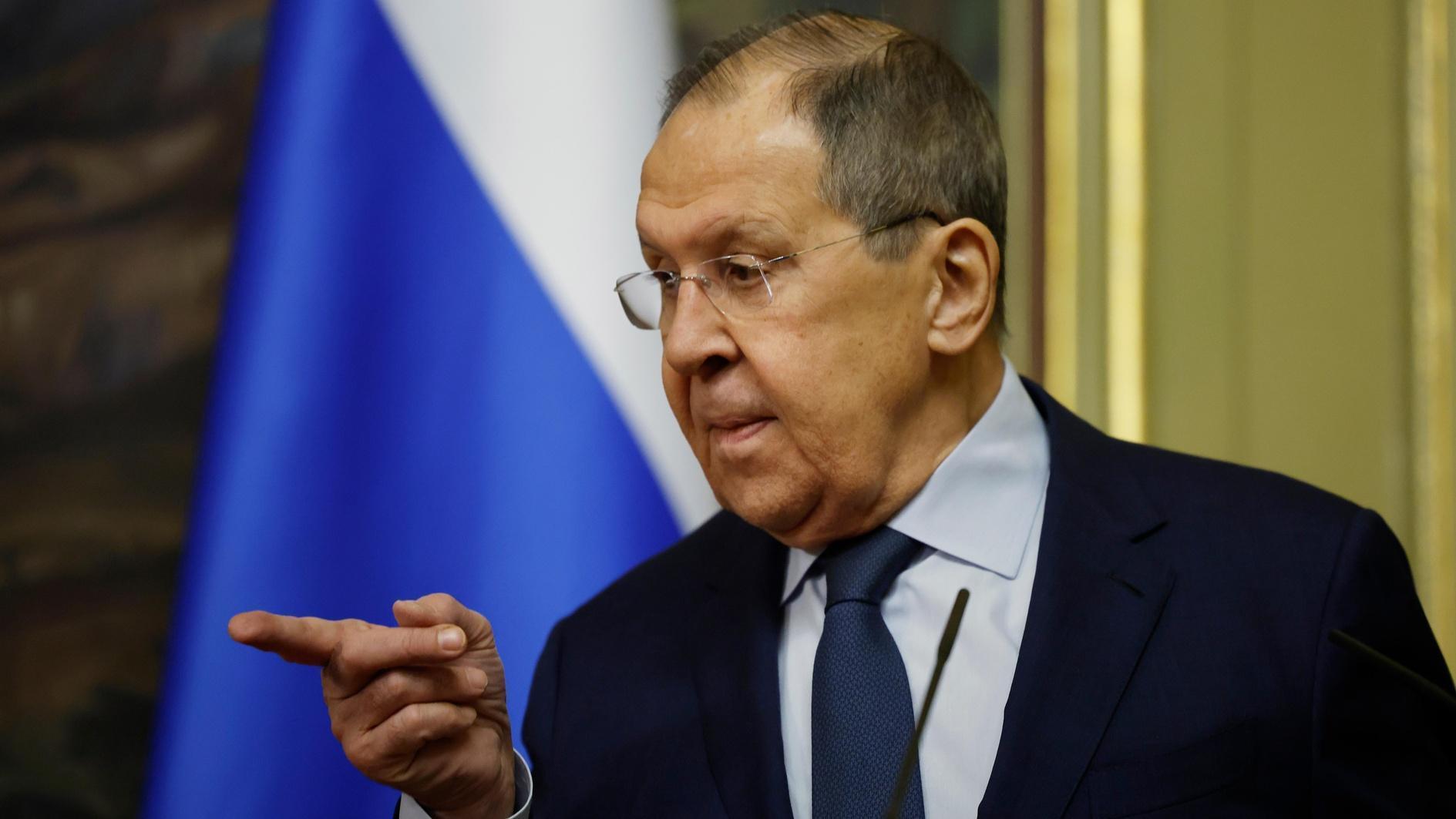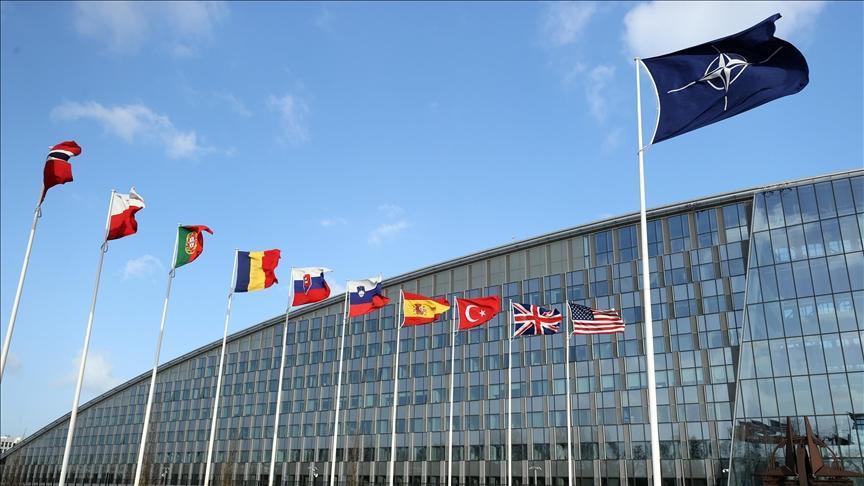Celebrating the new Turkey
The third anniversary of the July 15 coup attempt and its defeat is celebrated with special pomp this year since it is the first public event of the new regime that has taken place after the election. In fact, efforts to defeat the coup attempt deserve to be cherished as a triumph of democracy. Moreover, as all political parties are united to condemn the coup attempt, it could be regarded as a chance of social and political consensus.
Nevertheless, political developments have taken a different course and the event has accelerated the process for a regime change in Turkey. The president has chosen to mark it as a historical moment for breaking away from the old regime and the beginning of the New Turkey. It has been compared to great moments in Turkey’s history, especially with the National Struggle of Independence and the event has become an essential part of the historical narrative of the new regime. Naturally, like in all cases of revolutions and regime changes, it has turned out to be a symbol of exclusion of those who are critical or skeptical of the new regime. Nonetheless, since the regime change has been realized by successive elections and referendums, those who oppose the change have not been persecuted in the way it happens after revolutions and coups.
Instead, they are first excluded from the joy of celebration and then it is likely they will be excluded from the process of the building of the new nation. The new “imagined community” is defined as the true sons and daughters of the nation, who realize the president is not an ordinary victor of an election but the founding father of the New Turkey or the “Third Republic,” as some call it. That is why opposing the president and his effort to build a new regime is not going to be regarded as an ordinary political choice or difference of opinion but a fatal one.
Even though the opposition refuses to see reality, the process of exclusion has already begun, as the president has not regarded the main opposition party as a political rival but as the collaborator of Gülenist and Kurdish terrorists and has condemned all who dissent as pawns of the enemies of Turkey. These are not ordinary names to be given to political rivals or opponents in ordinary democratic elections.
It is true that the state of emergency rule is not over, but it is due to the fact that the new regime is the institutionalized form of emergency rule. Despite whether we like it or not, all new regimes are established by those who have highly centralized and extraordinary powers. It may annoy the Kemalists but the Republic was also founded by Mustafa Kemal and his team in a similar fashion. However, of course, there are differences. First of all, the Kemalist regime had been built more straightforward and more radical and its project was to build a secular, modern, Westernized Turkish nation.
It is not to say there is nothing to be critical of regarding the politics of the new regime building. I am among those who are concerned by the shortcomings of all regime building processes since it means social exclusion and authoritarian measures in the name of social engineering. That is why I has always been critical of the democracy deficit of the Kemalist regime, despite highly valuing its principle of secularism. In fact, I have spent all of my adult life defending the democratic political reform of the Kemalist system to no avail. Regime changes occur if political systems fail to reform themselves and that it is what happened in Turkey.











